
The Estoril Casino is a casino in the Portuguese Riviera, in the municipality of Cascais, Portugal. Today, it is one of the biggest working casinos in Europe.
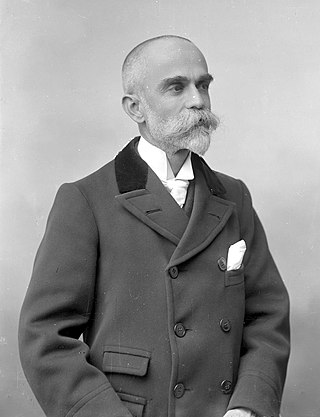
Bernardino Luís Machado Guimarães, GCTE, GCL, was a Portuguese political figure, the third and eighth president of Portugal.

António José de Almeida, GCTE, GCC, GCA, GCSE, was a Portuguese politician who served as the sixth president of Portugal from 1919 to 1923.

António Óscar de Fragoso Carmona was a Portuguese Army officer and politician who served as prime minister of Portugal from 1926 to 1928 and as the 11th president of Portugal from 1926 until his death in 1951. He also served as the Minister of War, in late 1923 and in 1926, and as a Minister of Foreign Affairs in 1926.
This is a historical timeline of Portugal.
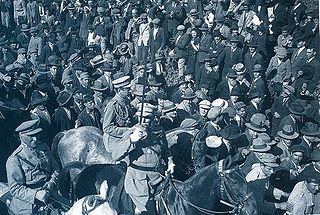
The 28 May 1926 coup d'état, sometimes called 28 May Revolution or, during the period of the corporatist Estado Novo, the National Revolution, was a military coup of a nationalist origin, that put an end to the unstable Portuguese First Republic and initiated 48 years of corporatist and nationalist rule within Portugal. The regime that immediately resulted from the coup, the Ditadura Nacional, would be later refashioned into the Estado Novo, which in turn would last until the Carnation Revolution in 1974.
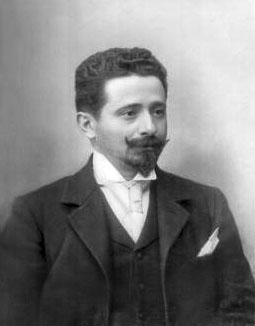
The Democratic Party, officially known as the Portuguese Republican Party, was a Portuguese centre-left political party during the Portuguese First Republic. It was also the self-proclaimed successor to the original Portuguese Republican Party, which had been behind the revolution that established the Portuguese First Republic in 1910.
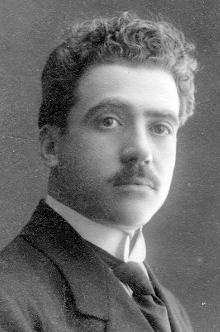
Domingos Leite Pereira was a Portuguese politician of the Portuguese First Republic. He had degrees in theology and literature of the University of Coimbra. He helped to improve the relationships between the republic and the Catholic Church during his government.
Events in the year 1944 in Portugal.
Events in the year 1914 in Portugal.
Events in the year 1925 in Portugal.
Events in the year 1916 in Portugal.

Events in the year 1915 in Brazil.
Events in the year 1926 in Portugal.

Presidential elections were held in Portugal on 11 December 1925. Following Portugal's 1911 constitution, the Congress of the Republic must elect the president in Lisbon instead of the Portuguese people.
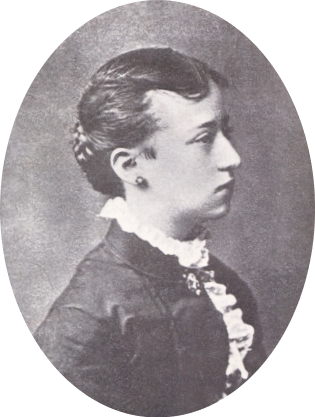
Elzira Dantas Gonçalves Pereira Machado was a Portuguese feminist activist. From 1882 until her death in 1942, she was the wife of Bernardino Machado, two-time President of the Portuguese Republic and, as such, was the First Lady of Portugal from 1915 to 1917 and again from 1925 to 1926.

Presidential elections were held in Portugal on 24 August 1911. Following the Portuguese revolution in 1910 which saw the overthrow of King Manuel II, a Republican Provisional Government was formed under the leadership of Teófilo Braga. This election was held to elect the first official president of the newly established the First Portuguese Republic. Portugal's 1911 constitution stated that the Congress of the Republic must elect the president in Lisbon instead of the Portuguese people.

The December 1917 coup d'état was a politico-military uprising led by Sidónio Pais, which started in Lisbon, Portugal, with the objective of taking power from the Democratic Party, which had won every election in Portugal since the foundation of the Portuguese First Republic in October 1910.
Aquilino Ribeiro Machado was a Portuguese politician of the Socialist Party. He represented the Lisbon District in the Assembly of the Republic in its first two legislatures (1976–1983). He was the first democratically elected Mayor of Lisbon following the Carnation Revolution (1977–1980). He received the Order of Liberty on 1 October 1985.













